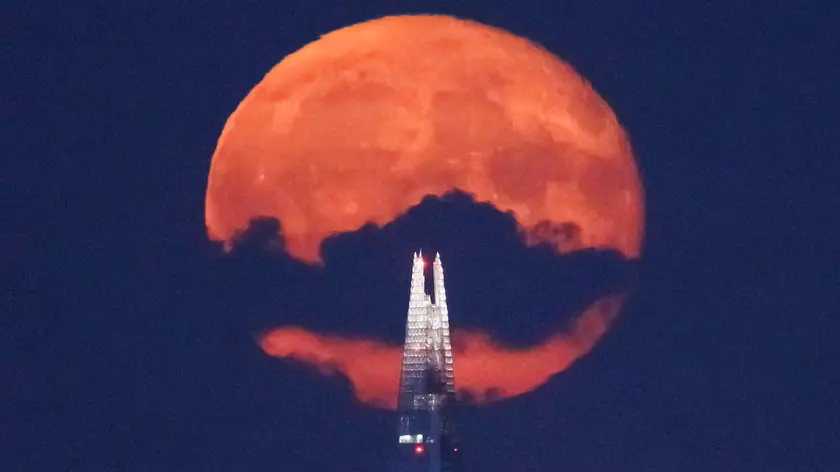T4K3.news
Planet parade and meteor shower over Seattle
Six planets will align in the eastern sky before sunrise this weekend, and the Perseid meteor shower peaks this week.
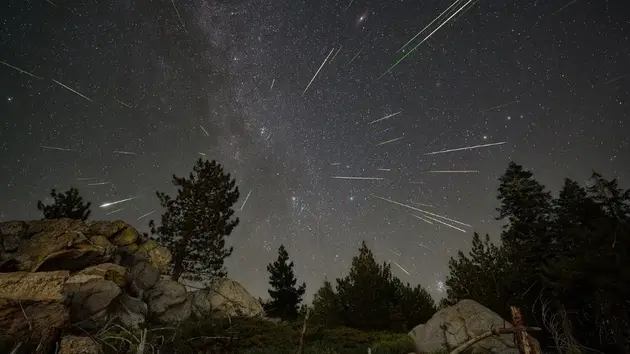
An early weekend event offers a rare six-planet alignment and the peak of the Perseid meteor shower for Seattle observers.
Six planets align and Perseid meteor shower light up Seattle skies
Seattle observers can expect a double night sky show this weekend. A rare alignment of Mercury, Venus, Jupiter, Saturn, Uranus and Neptune will appear in the eastern sky in the early morning hours. The inner four planets should be visible to the naked eye, while Uranus and Neptune will require binoculars or a small telescope. The best time to look is before sunrise, when the six planets appear close together in the lightened dawn. This is the second such alignment this year, with the first happening in January.
The Perseid meteor shower peaks mid August, with meteors streaking across the sky as Earth passes through debris from Comet Swift-Tuttle. Skies should stay mostly clear for viewing through the early part of next week. Observers can see meteors after dusk, with the heaviest activity usually between midnight and dawn. No special equipment is needed; a dark, open sky away from city lights improves the view. In dark skies, observers may see up to 100 meteors per hour during the peak. The shower is associated with the myth of Perseus and is a cultural as well as scientific spectacle.
Key Takeaways
"Quite the love story!"
Quoted in the article when mentioning the Perseus myth connected to the Perseids
This weekend's sky show offers a rare moment when science education meets public wonder. It invites people to step outside and learn the names of planets, while also giving space to myth and story. The event illustrates how astronomy can be accessible with simple methods and a little patience.
Weather and light pollution are the real gatekeepers. Even with clear skies, the outer planets require help to spot, and the Perseids depend on dark skies. That makes community listening and local weather reporting important to trust and plan around. As public interest in sky watching grows, planners and media should balance enthusiasm with safety and comfort for observers.
Highlights
- A planet parade over Seattle you can see with the naked eye
- Keep eyes on the eastern sky and let the night tell its story
- Dark skies beat city lights any night of the year
- Stargazing is a free show that travels with you
Sky watching invites patience and quiet curiosity in a crowded city
Enjoyed this? Let your friends know!
Related News
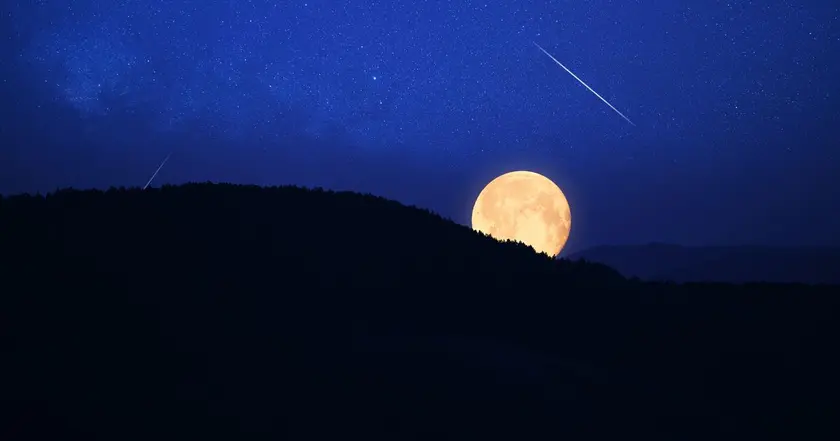
Sturgeon Moon and Perseids visible together in UK
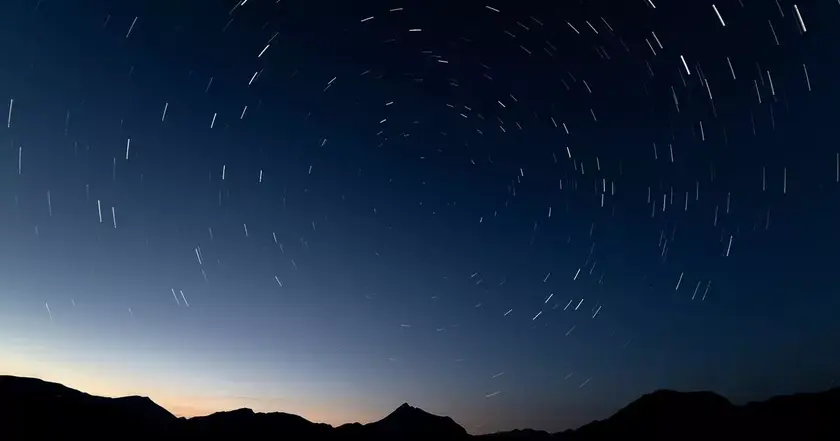
Double meteor shower peaks tonight in the UK
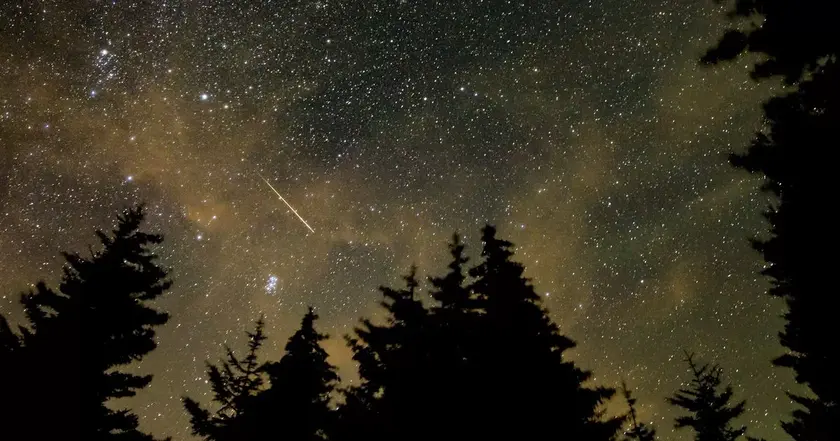
Venus and Jupiter align during Perseid meteor shower
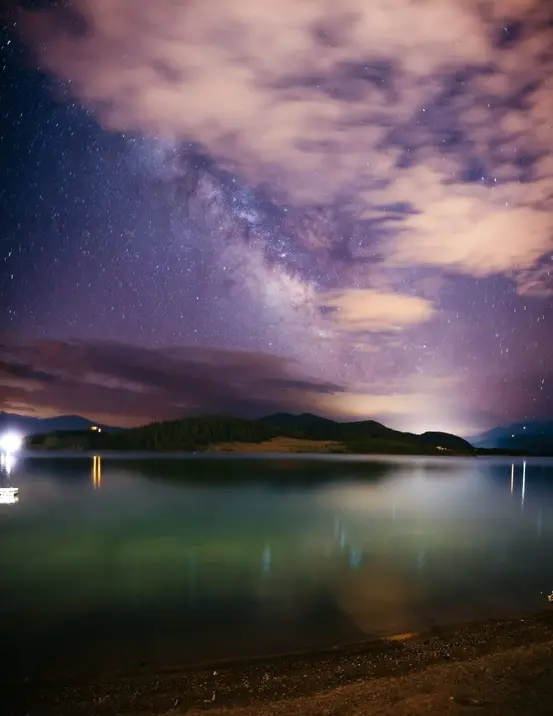
Perseids light up Colorado skies
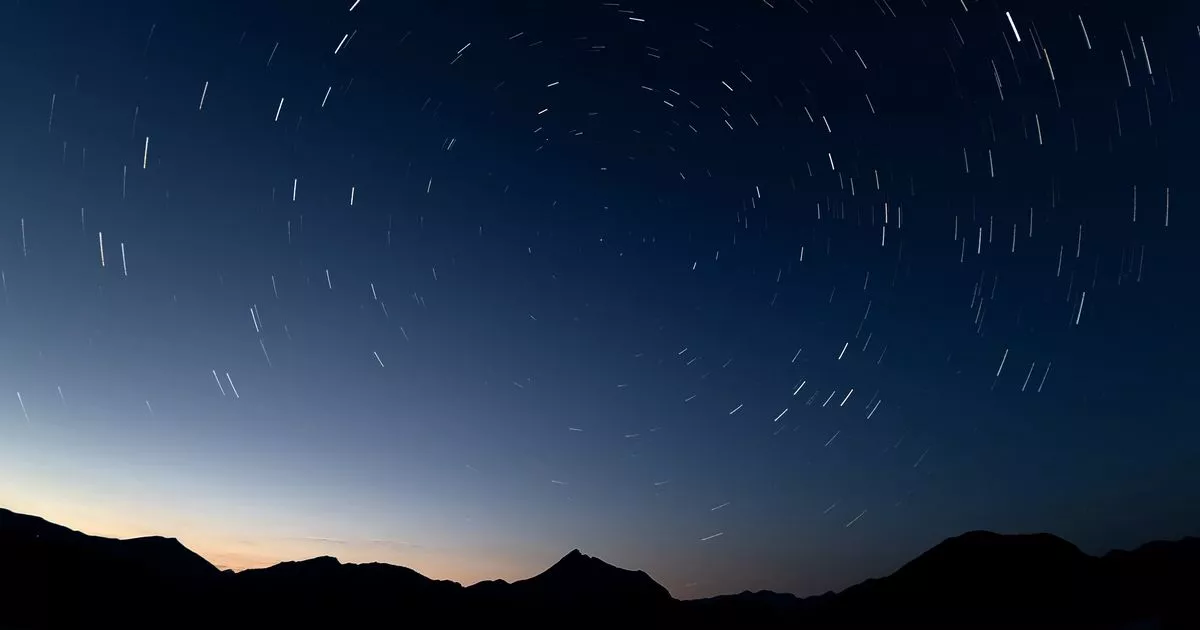
Perseid meteor shower peaks in Scotland

August full sturgeon moon peaks this weekend
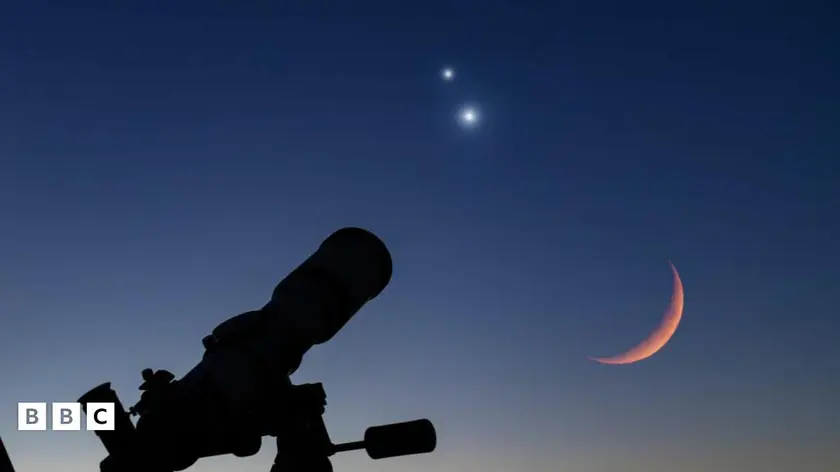
Venus and Jupiter to align on August 12, 2025
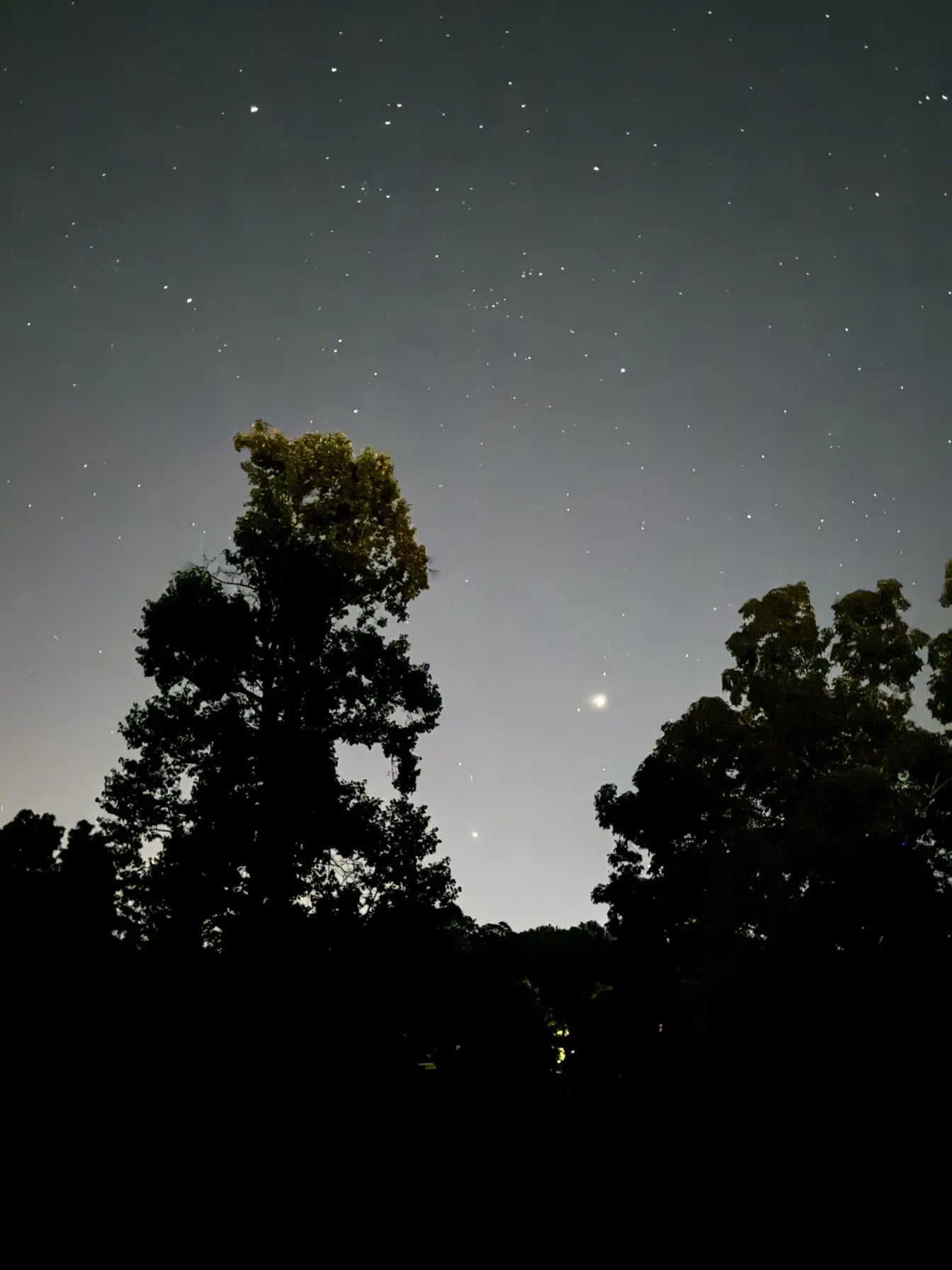
Sturgeon Moon Shines in August Sky
